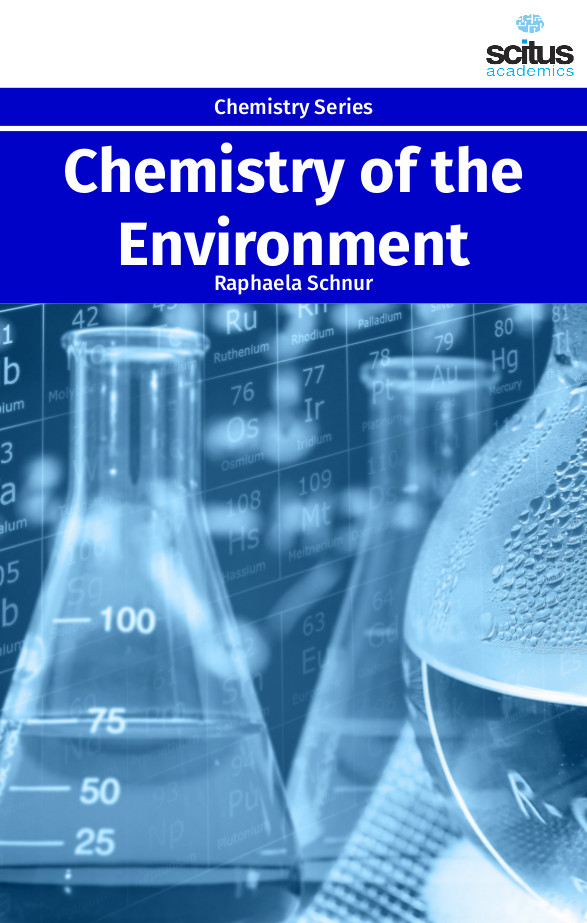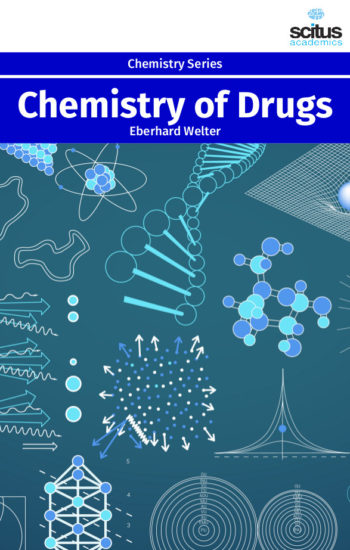The field of environmental chemistry is both very broad and highly interdisciplinary Environmental issues such as climate change, water pollution and renewable energy make the news headlines and has become increasingly important in everyday life. Environmental chemistry is the study of chemical processes occurring in the environment which are impacted by humankind’s activities. These impacts may be felt on a local scale, through the presence of urban air pollutants or toxic substances arising from a chemical waste site, or on a global scale, through depletion of stratospheric ozone or global warming. Many people perceive chemistry and the chemical industry as harmful to the environment. However, many new advances and scientific researches in the field of chemistry are helping us to develop more environment friendly materials and applications, while preserving the quality and the lifestyle we expect.
Over the years, the industry and wider public have become aware of the damaging effects of some past practices and the need to protect the environment. In the past, few were aware of the potentially negative effects our modern lifestyle might have on the environment, and rather saw only the positive potential for creating new, useful materials and products. These impacts may be felt on a local scale, through the presence of urban air pollutants or toxic substances arising from a chemical waste site, or on a global scale, through depletion of stratospheric ozone or global warming.
‘Chemistry of the Environment’ covers current research and advances in the field of environmental chemistry, including atmospheric chemistry, the chemistry of water pollution, and green chemistry. It presents the coverage of the atmosphere as a distinct sphere of the environment and the practice of industrial ecology as it applies to chemical science. It includes widespread coverage of both natural environmental sources and anthropogenic sources, their impacts on health, and their role in energy production in a balanced and scientifically rational way. It focuses on developing a fundamental understanding of the nature of these chemical processes, so that humankind’s activities can be accurately evaluated. This book is intended to upper undergraduate and graduate level students studying environmental chemistry, chemical engineering, industrial ecology, and general biology. This book is of great benefit to environmental chemists and researchers, biochemists, and elementary organic chemists.








